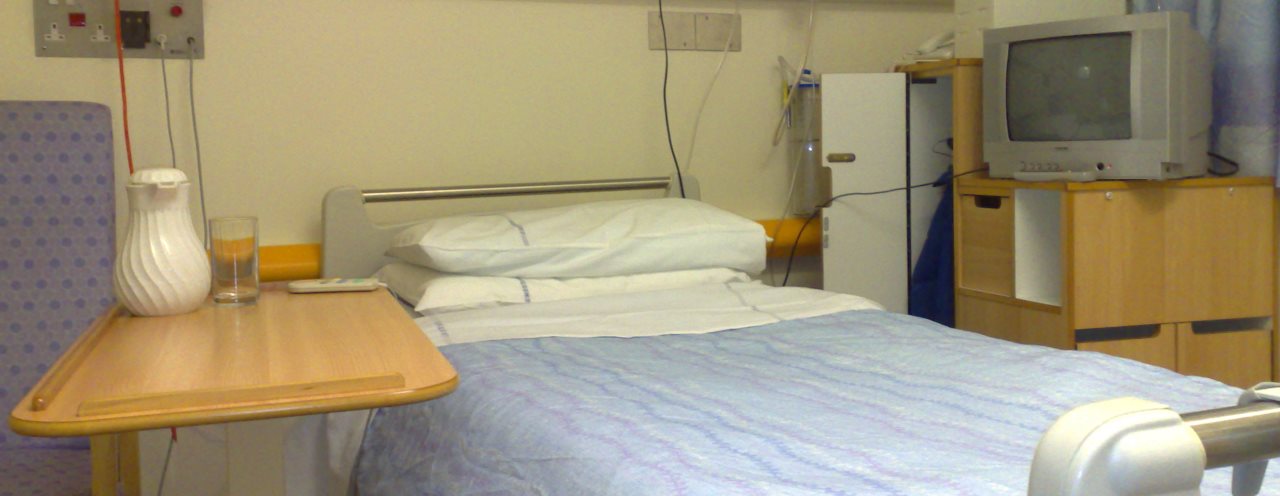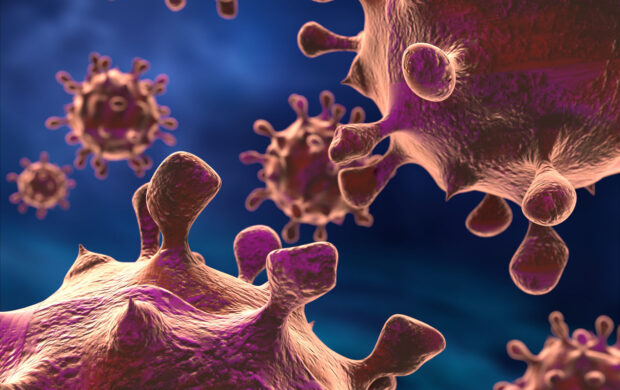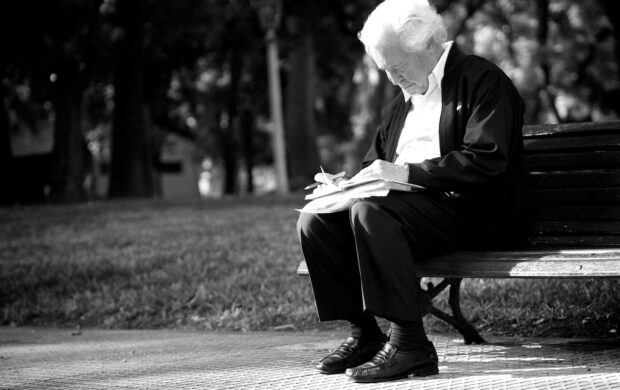As of January 2016, police officers in Western Australia who are called out to emergencies relating to mental illness will be joined by mental health workers.

Nurses, psychologists, social workers and therapists will be trained in police response, complementing 20 police officers who will receive training in defusing mental health crises, for a trail in the New Year.
These new teams will help deal with the increasing number of self-harm and substance-abuse related operations in the state. Currently, mentally ill people during crises tend to end up in a police van and are taken to an emergency ward. Police officers need to accompany them throughout.
Police in the state got called out to more than 17,000 mental health-related situations over the last year, of which 70% involved self-harm. The number of incidents has tripled in the last 10 years.
This measure follows proposals in June for nurses to be given special policing powers, such as being able to stop and search someone.
Image credit: Mark Hillary / Flickr
















